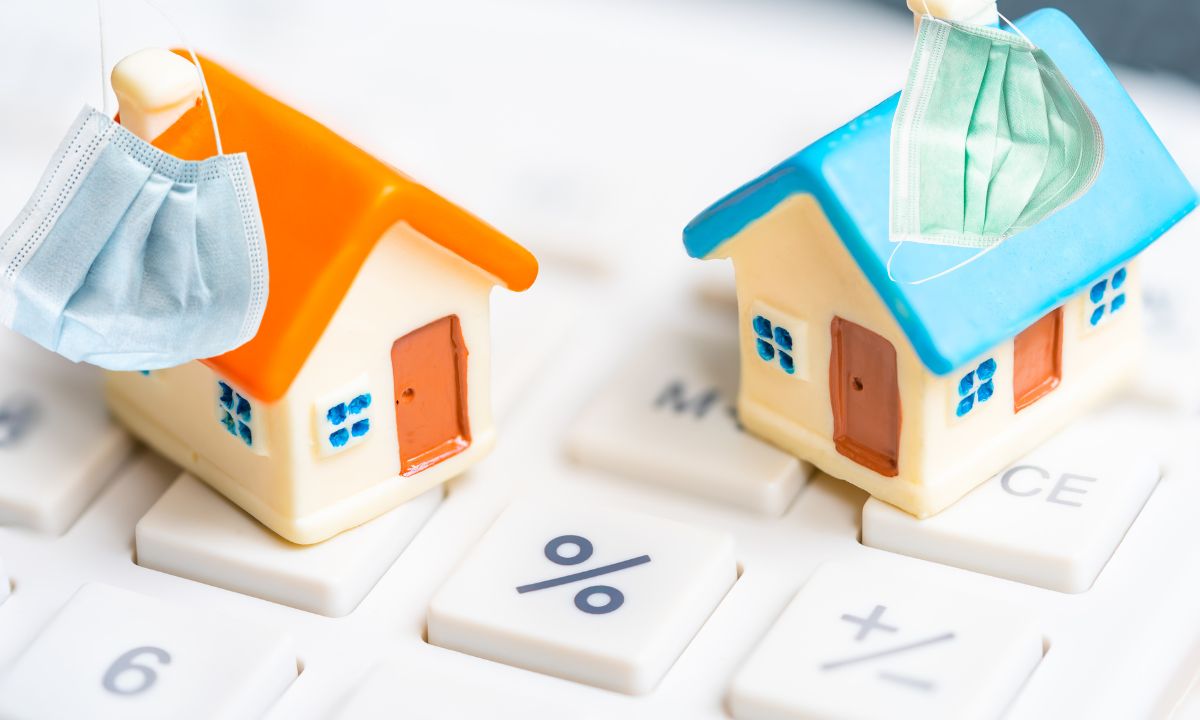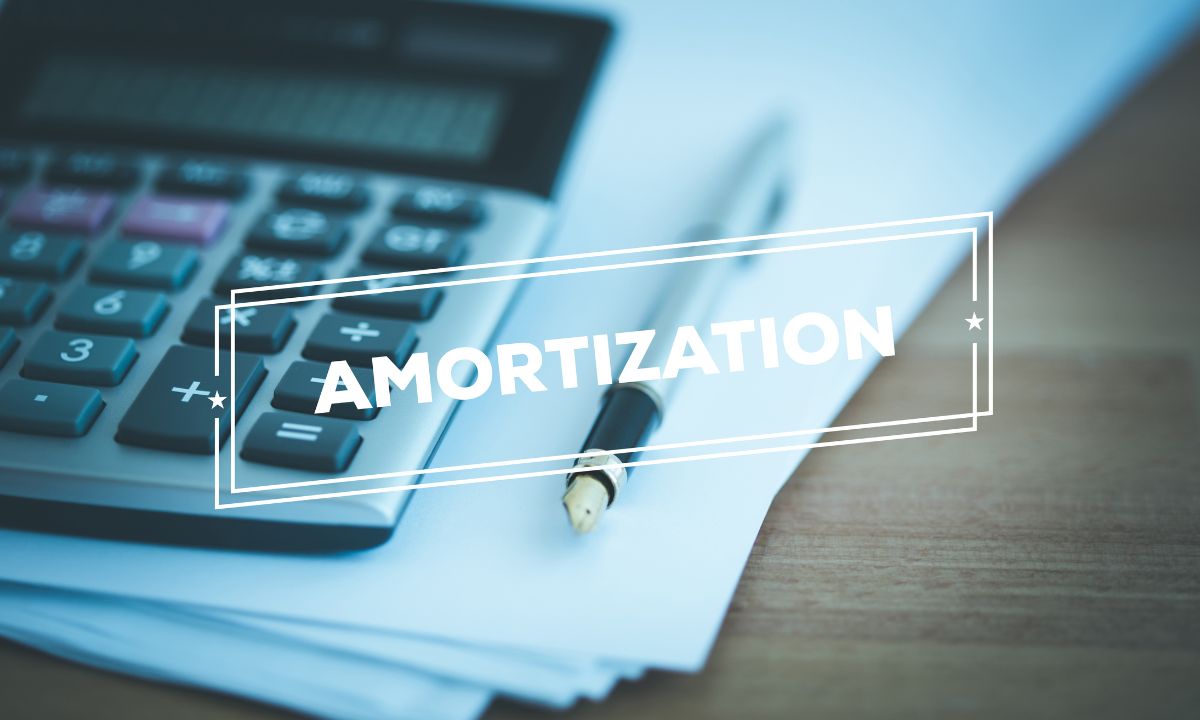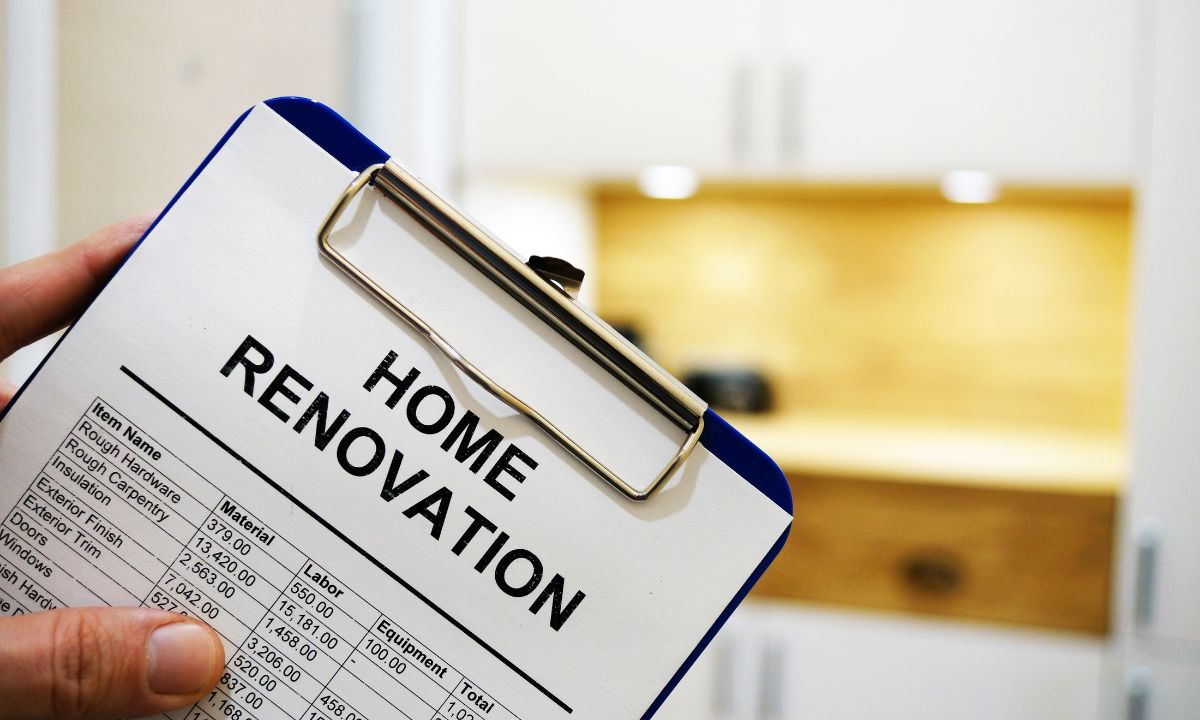 The COVID-19 pandemic reshaped many industries, and the mortgage sector was no exception. As we move further away from the pandemic, the mortgage industry continues to adapt, reflecting new economic realities, regulatory changes, and shifts in consumer behavior. For mortgage originators, understanding these changes is crucial to helping homebuyers navigate the current landscape. Here are some of the most significant transformations and what homebuyers should be aware of in the post-COVID world.
The COVID-19 pandemic reshaped many industries, and the mortgage sector was no exception. As we move further away from the pandemic, the mortgage industry continues to adapt, reflecting new economic realities, regulatory changes, and shifts in consumer behavior. For mortgage originators, understanding these changes is crucial to helping homebuyers navigate the current landscape. Here are some of the most significant transformations and what homebuyers should be aware of in the post-COVID world.
Shift in Interest Rates
One of the most noticeable changes has been the fluctuation in interest rates. During the pandemic, rates hit historic lows as part of an effort to stimulate the economy. However, as the economy recovers and inflationary pressures increase, interest rates have begun to rise. This shift impacts the affordability of loans and the purchasing power of homebuyers. Mortgage originators must stay informed about rate trends to provide the best advice to clients.
Increased Digitalization
The pandemic accelerated the adoption of digital tools in the mortgage industry. Virtual home tours, online applications, and digital closings have become more common, offering greater convenience and efficiency. For mortgage originators, embracing these technologies can enhance client satisfaction and streamline the loan process.
Changes in Lending Standards
Economic uncertainty during the pandemic led to tighter lending standards. While some of these restrictions have eased, lenders remain cautious. Mortgage originators need to be aware of current lending criteria and help clients understand what is required to secure a loan in today’s market.
Impact on Property Values
The pandemic caused significant fluctuations in property values, with some areas seeing a surge in prices due to increased demand for suburban and rural homes. As the market stabilizes, homebuyers and mortgage originators must consider current trends and potential future shifts in property values.
Remote Work Influence
The rise of remote work has altered homebuyer priorities, with many seeking properties that accommodate home offices and offer more space. This shift influences the types of properties in demand and the locations where people choose to live. Mortgage originators should be aware of these preferences to better serve their clients.
Government and Regulatory Changes
The pandemic prompted various government interventions to support homeowners and the housing market, including forbearance programs and eviction moratoriums. As these measures continue to cease, mortgage originators need to understand the new regulatory environment and how it affects both existing homeowners and new buyers.
Tips for Homebuyers in the Post-COVID Landscape
- Stay Informed: Keep up with interest rate trends and understand how they impact loan affordability.
- Embrace Digital Tools: Take advantage of online applications and virtual tours to simplify the home-buying process.
- Understand Lending Standards: Be aware of current lending criteria and prepare your finances accordingly.
- Monitor Property Values: Stay updated on market trends to make informed decisions about property investments.
- Consider Remote Work Needs: Look for homes that accommodate your lifestyle and work preferences.
The post-COVID mortgage landscape presents both challenges and opportunities. By staying informed and adapting to the new realities, mortgage originators can guide homebuyers through the complexities of the current market.
 When selecting a mortgage, one of the most critical decisions is choosing the right amortization schedule. This choice significantly impacts your monthly payments and the total interest you’ll pay over the life of the loan. Here, we’ll compare three common amortization options: fixed, graduated, and interest-only.
When selecting a mortgage, one of the most critical decisions is choosing the right amortization schedule. This choice significantly impacts your monthly payments and the total interest you’ll pay over the life of the loan. Here, we’ll compare three common amortization options: fixed, graduated, and interest-only. As a mortgage originator, I often encounter homeowners and buyers looking for ways to finance their home improvement projects. Renovation loans offer a fantastic solution, enabling you to upgrade and personalize your home while incorporating the cost into your mortgage. We will explore the different renovation loan options available, such as FHA 203(k) and Fannie Mae HomeStyle, to see how they can help you achieve your dream home.
As a mortgage originator, I often encounter homeowners and buyers looking for ways to finance their home improvement projects. Renovation loans offer a fantastic solution, enabling you to upgrade and personalize your home while incorporating the cost into your mortgage. We will explore the different renovation loan options available, such as FHA 203(k) and Fannie Mae HomeStyle, to see how they can help you achieve your dream home.